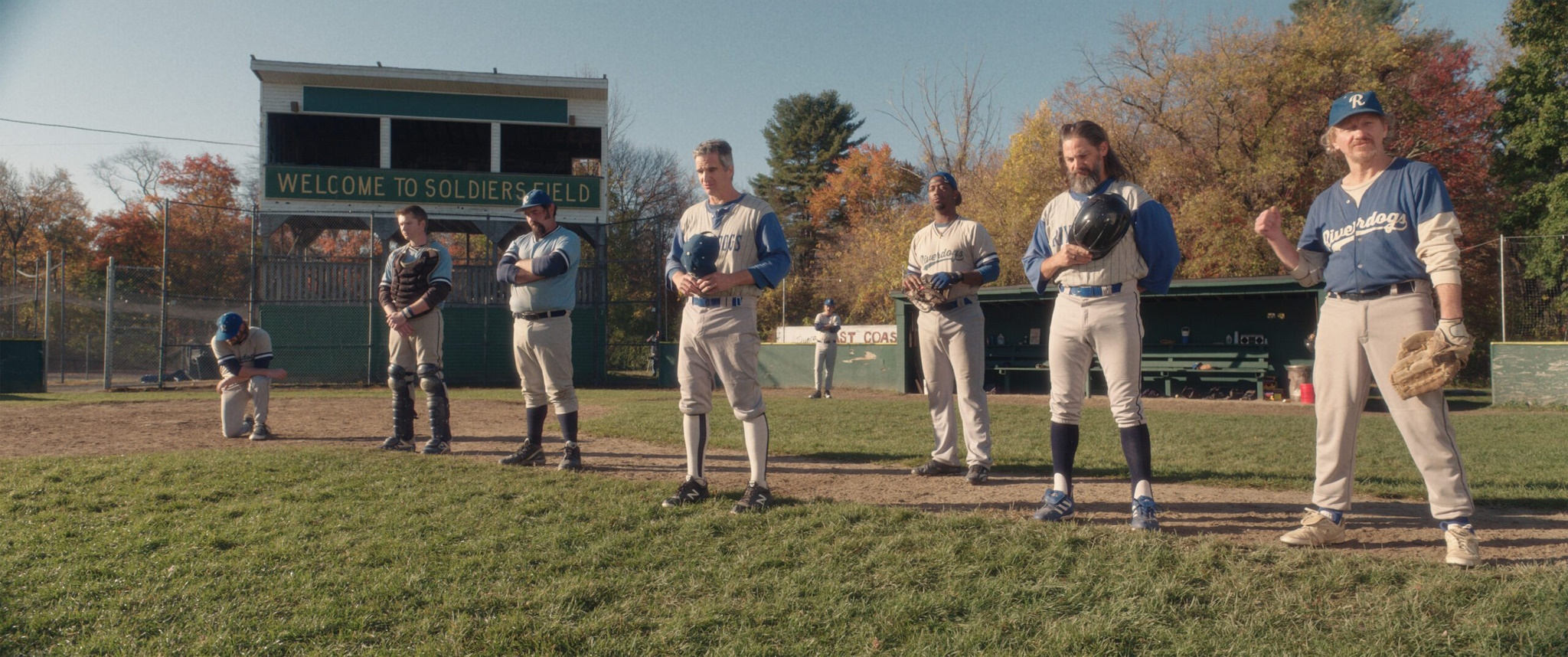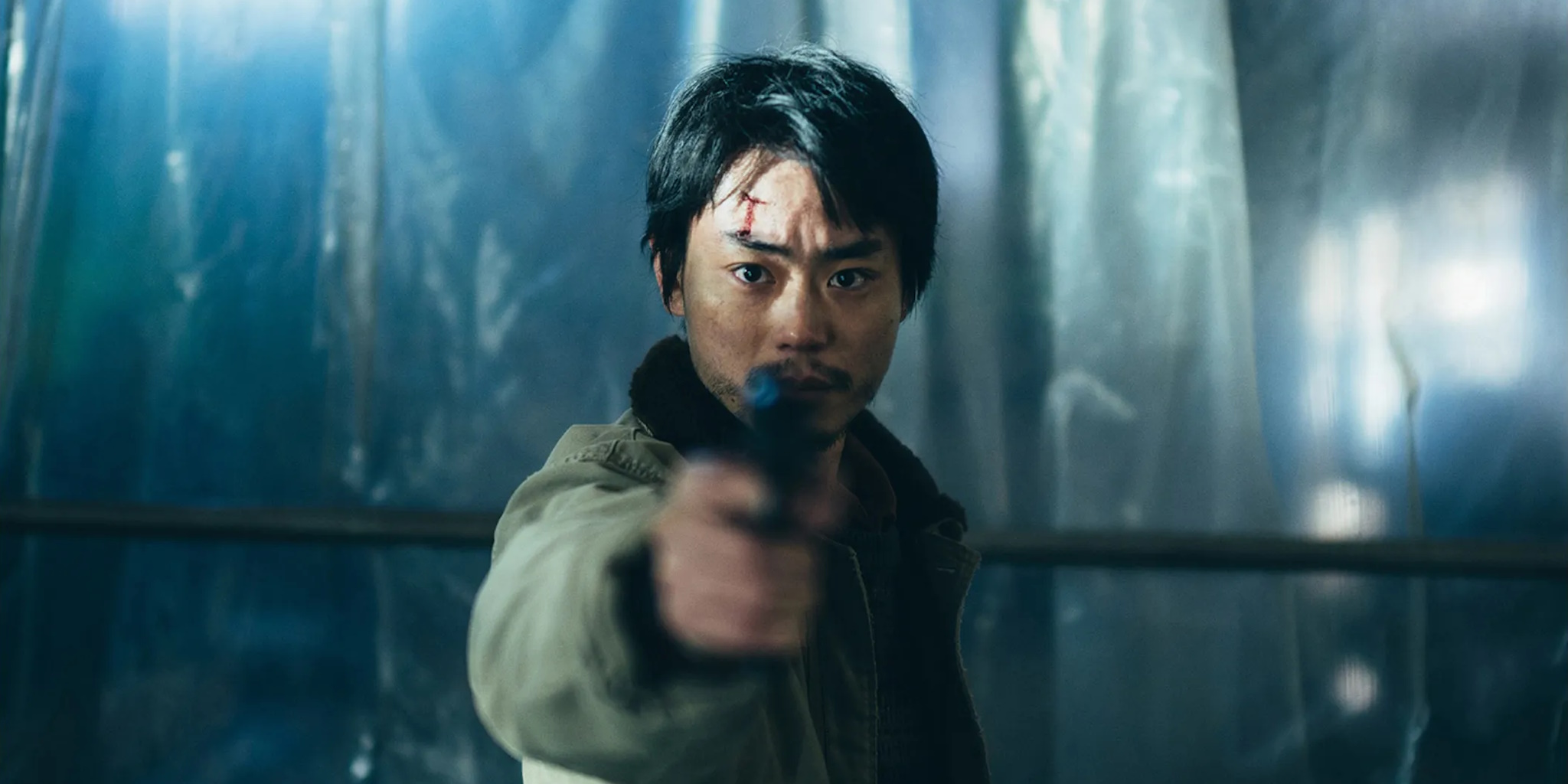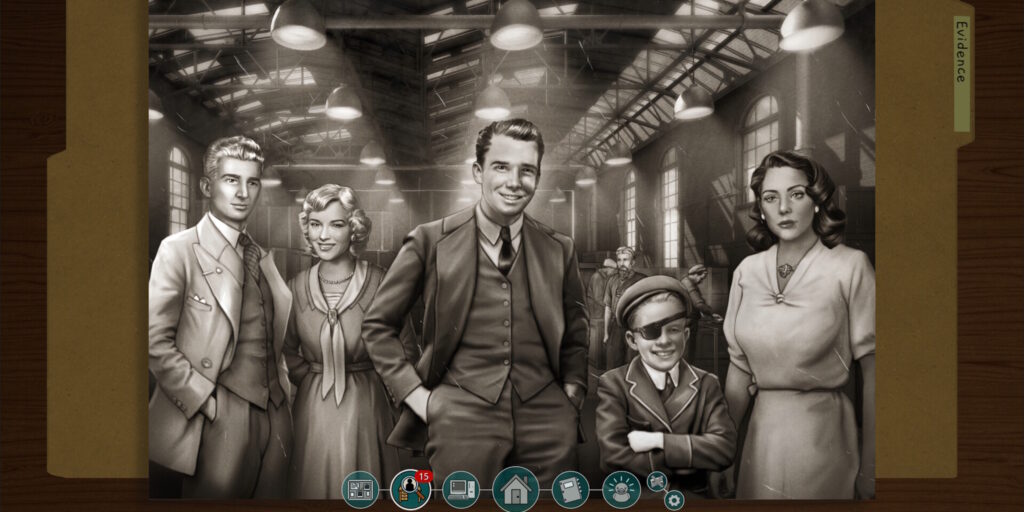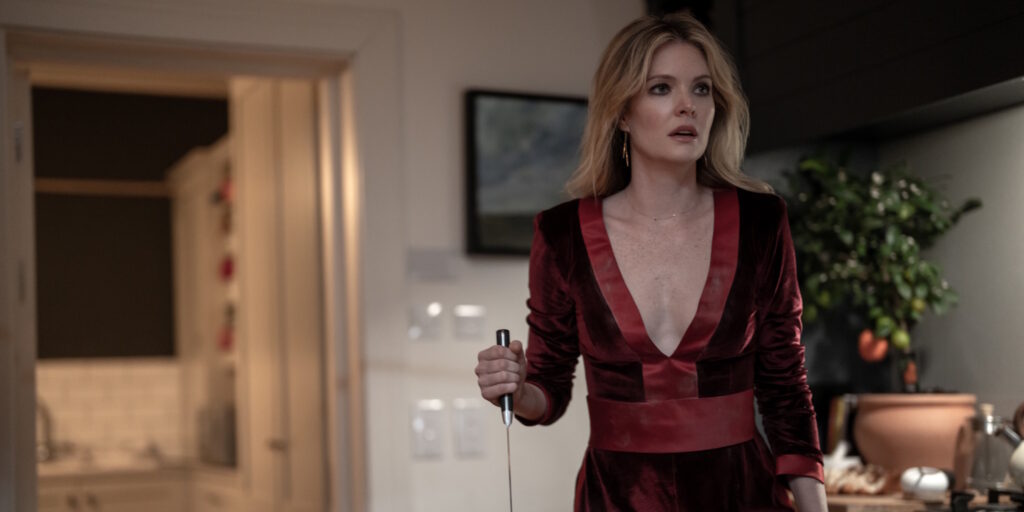This year’s Chicago International Film Festival runs Oct. 16-27. Currently in its 60th year, the longest-running competitive film fest on the continent boasts a lineup worthy of its accomplished history: new works from Steve McQueen, Hong Sang-soo, Robert Zemeckis, Pedro Almodóvar, Mike Leigh, Andrea Arnold, Jia Zhangke, Mati Diop, Joshua Oppenheimer, and (whew) many, many others populate the 11-day schedule.
Also sprinkled among these heavy hitters and festival-circuit mainstays? A new psychological thriller from Kiyoshi Kurosawa and a confident first outing from Carson Lund, co-founder of indie filmmaking collective Omnes Films.
At worst, being an online reseller is a fruitless time sink. If you’re lucky, it’s a decent way to bring in a couple hundred bucks of supplemental income. Rarely is it a full-time job. The standard procedure is familiar to many people: The seller spends hours decluttering, lists a few items not being trashed or donated for $10 or $20 a piece, accepts a lowball offer of $8 because it’s better than nothing, and meets up with the buyer in a parking lot to make the exchange. Serious resellers, however, turn this into a full-fledged business model of buying cheap in bulk, marking it all up to the nth degree, and shipping it off for maximum profit. That’s exactly what Yoshii (Masaki Suda) is trying to do in Kiyoshi Kurosawa’s Cloud.
Working for a wash-and-fold, Yoshii spends his off-hours acquiring low-quality goods for pennies on the dollar, prettying them up with snazzy product shots and alluring online descriptions in his makeshift home studio-slash-shipping center, and profiting just enough from the online auction to do it all over again. His boss, Takimoto (Yoshiyoshi Arakawa), recognizes his savvy business skills and offers him a promotion, but Yoshii isn’t interested: He’s ready to take his online reselling to the next level with bigger (but not quite better) products and larger price tags. He leaves Takimoto’s shop, abandons his small-time scalping partner, Muraoka (Masataka Kubota), and moves out of Tokyo with girlfriend Akiko (Kotone Furukawa) and assistant Sano (Daiken Okudaira) to up the ante with more questionable merchandise in a more spacious, secluded abode.
Operating under the username “Ratel” — an alias for the ferocious honey badger — Yoshii notices that the shadier his inventory becomes, the more his sales slip. Before long, the only things adding up are the bridges he’s burning. An online community of Ratel haters springs up, composed of people who’ve been cheated, conned, scammed, or robbed by his fraudulent tactics. After a few close calls — a tripwire along his usual scooter route, a projectile lobbed through a plate-glass window — Yoshii suspects his safe house might not be so safe after all. What unfolds is an anti-revenge flick, an inverted John Wick movie where our protagonist is the kind of stooge an action hero would pick off in the warehouse on his way to the final showdown with the criminal operation’s head honcho.
Although it lacks the supernatural darkness of Kurosawa’s biggest hits — Cure (1997) and Pulse (2001) — this similarly monosyllabic thriller from the Japanese filmmaker will still satisfy fans of his venerable cult classics. By flipping the vengeance-via-violence formula that’s in vogue right now, Kurosawa gives us a karmic tale with a fresh and exciting spin. What if the ruthless gangsters were the vigilantes and the invincible warrior was easy pickings? Painstakingly paced, with a gradually increasing heat that reaches its boiling point only marginally faster than a watched pot, Cloud — like other Kurosawa efforts — will reward patient viewers with thought-provoking thrills and a sticky sense of dread that ranks among the director’s best.

Mid-October. Somewhere, on a baseball diamond much nicer than the one where the Riverdogs and the Adlers play, in a city much larger than their Massachusetts suburb, Major League Baseball’s postseason is in full swing. However, in Eephus, cinematographer-turned-director Carson Lund’s feature debut, the stakes seem higher on this decrepit field than in even the most heated World Series Game 7. That’s because, after today’s game, their sandlot gets paved to make way for a new middle school.
These two teams aren’t professionals in the making. They’re not even minor-league material, really. This is a loosely assembled recreational league for a bunch of middle-age men. Some are younger, arriving late, while others are older, leaving early, but they are all in it for their shared love and hate of the game. Their final game, at that. It adds a certain bittersweetness to the autumn air as the Riverdogs — the away team, in blue — and the Adlers — the home team, in red — take their places for one last ballgame.
If the Boston accents weren’t an immediate giveaway, Lund’s film reveals itself to be firmly rooted in its Massachusetts setting: vibrant fall foliage and cases of Narragansett beer in practically every shot, plus cameos from Red Sox Hall-of-Famer Bill “Spaceman” Lee and nonagenarian Bostonian documentarian Frederick Wiseman. The strong sense of place, combined with the pathetic athletics on display in near-real time, makes for an endlessly watchable, frequently funny, and thoroughly unique first film.
Eephus is a lot more than just baseball gags (though there are some excellent ones). There’s a palpable nostalgia for what’s been lost, even if none of these lovably irascible men are openly sentimental about their farewell game. Instead, they show their true feelings the same way many manchildren do: getting pissed off at stupid, inconsequential things that serve as a conduit for all the bottled-up emotions they can’t bring themselves to express in more genuine fashion. As the sun sinks lower and the game drags on longer, Eephus becomes more than just a great sports movie with the ensemble to match. It’s a meditative, melancholic effort that proves a lesser-known highlight of the year.




